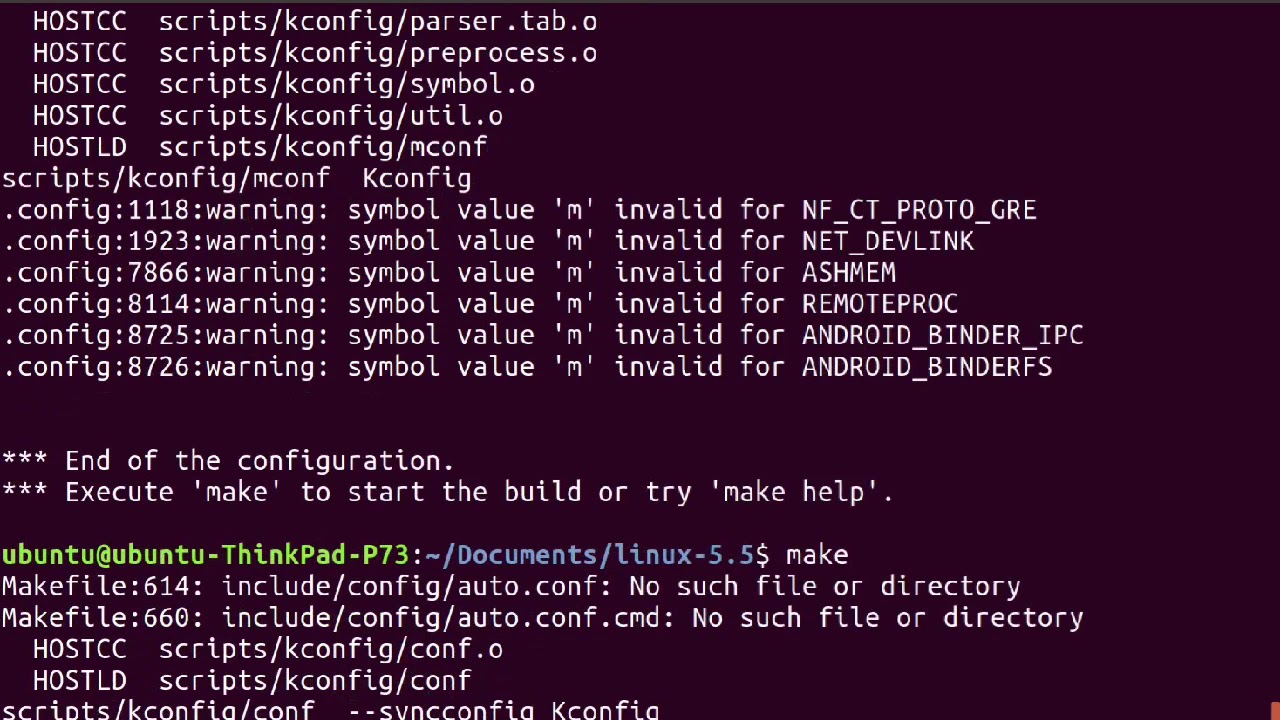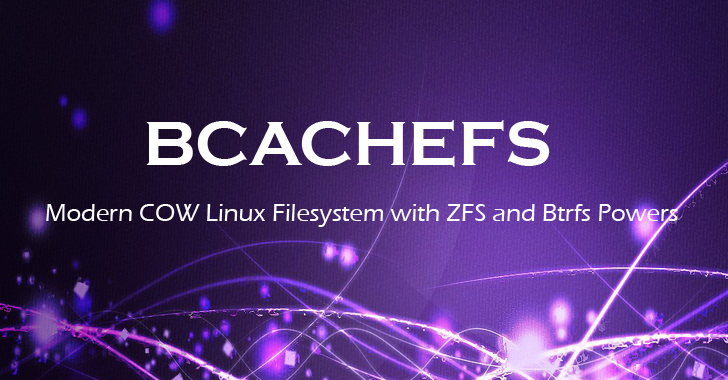“`html
Deciphering the Dispute: Linus Torvalds and Bcachefs Code Concerns in Linux 6.9
In a recent development within the open-source community, Linus Torvalds, the original creator of the Linux kernel, has voiced significant concerns regarding the proposed Bcachefs code for the upcoming Linux 6.9 release. As an enthusiast and a professional deeply immersed in the realms of Artificial Intelligence, Cloud Solutions, and Legacy Infrastructure, I find the intersection of software development practices and high-performance computing both crucial and fascinating. This article aims to unpack the concerns raised by Torvalds, particularly around the topics of code reusability, code complexity, and mathematical operations within the kernel’s ecosystem.
Understanding the Core Issues
The Bcachefs file system has been making strides since its introduction into the Linux kernel, heralding a suite of improvements aimed at enhancing performance and efficiency. The proposed updates for Linux 6.9 include advancements such as subvolume children btree for a forthcoming userspace interface, enhancements in directory structure checks, and improved journal pipelining, to name a few. However, the pivot of Torvalds’ dissatisfaction seems to revolve around the initiative to abstract certain Bcachefs functionalities into library code for broader reusability across different file systems.
Specifics of the Dispute
- Code Abstraction: The move to generalize Bcachefs code into a library I perceives as fragmenting the unified nature of the Linux kernel’s architecture. With my background in deploying scalable cloud solutions, I understand the delicate balance between reusability and maintainability in complex systems.
- Mathematical Complexity: Torvalds explicitly criticized the “overly complex 128-bit math” for statistical calculations, suggesting simpler alternatives like MAD (median absolute deviation) could suffice. This reflects a broader principle in both AI and software development: the quest for efficiency without sacrificing simplicity.
Contributions from My Perspective
Given my extensive background in AI, including machine learning models, and my prior experience at Microsoft as a Senior Solutions Architect focusing on cloud solutions, I’ve encountered similar debates in design decisions. Whether optimizing algorithms for self-driving robots or simplifying cloud migration strategies, the principles remain consistent—efficiency, simplicity, and clarity should guide our development practices.
Forward Path
Torvalds’ response to the proposed Bcachefs changes underscores the importance of clear, understandable interfaces and the avoidance of unnecessary complexity, especially in a system as globally utilized as the Linux kernel. It serves as a reminder that in software development, as in AI, the choices we make in design and implementation can have wide-reaching implications.
< >
>
< >
>
As we navigate these complexities, it’s imperative to foster open, constructive dialogues around our technological choices. The evolution of systems like Bcachefs not only influences the Linux ecosystem but also impacts a myriad of industries and technologies built atop it, including those at the forefront of AI and Machine Learning.
In conclusion, while the path forward for the Bcachefs code in Linux 6.9 remains uncertain, this discussion provides valuable insights into the challenges of advancing kernel development while maintaining a coherent, efficient, and accessible codebase. It’s a testament to the power of open source, where such debates drive the technology forward, ensuring it remains robust, scalable, and, above all, useful for its myriad of users worldwide.
Focus Keyphrase: Linus Torvalds Bcachefs Concerns
“`